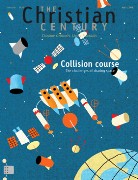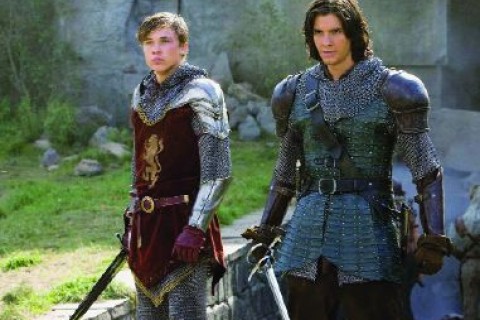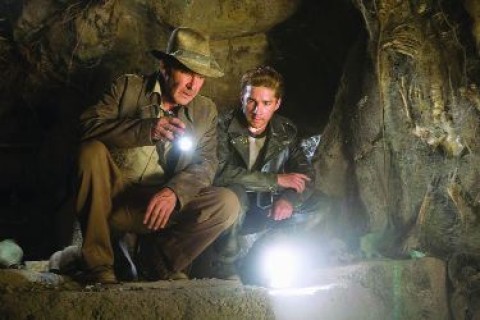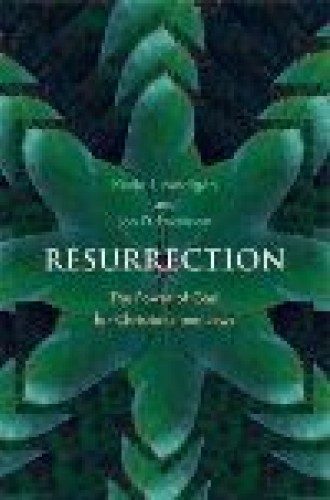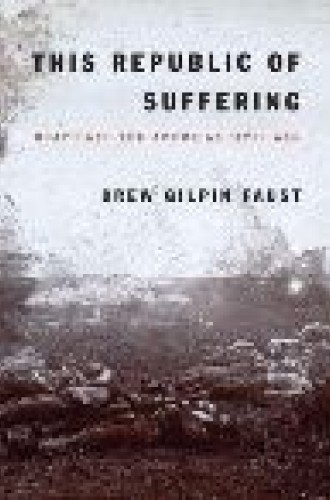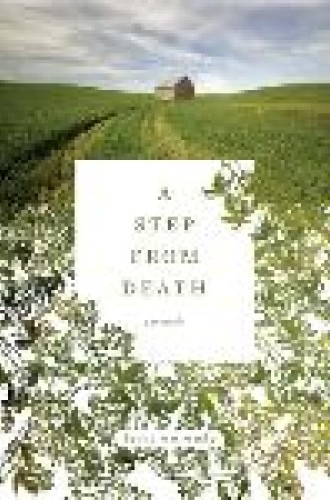Features
Witness in Sudan: An interview with Oliver Duku
As a German-trained medical doctor, Oliver Duku was director of health services for Southern Sudan until the government based in Khartoum forced him from his job. Duku turned to the Episcopal Church of Sudan for help. The church recognized his gifts for ordained ministry and sent him to Virginia Theological Seminary for formal training. Duku, a priest in the Episcopal Church of Sudan, is now the dean of Bishop Allison Theological College.
Cutting carbon: A strategy to stabilize the atmosphere
In the last year or so, the data about climate change has grown steadily darker. The scale and the pace of global warming seem larger and faster than we realized even a few years ago. Perhaps the most powerful proof was the rapid melt of Arctic sea ice last summer. By the time the long Arctic night descended in October, the Northwest Passage had been wide open for weeks, and the old record for minimum sea ice had been broken by 25 percent, a result so off the charts that scientists were shaken.
The Fourth of July: How does a Christian celebrate?
As God sees it: A baseball story
Shared space: The ethics of satellite use
At 6:18 p.m. EDT on May 19, 1998, the primary control processor of the Galaxy 4 satellite failed. Twenty-two thousand miles below, millions of Americans discovered that their pagers and credit cards no longer worked. The failure disrupted video feeds, meaning that CBS, Reuters news service and National Public Radio had to scramble to find an alternate means of transmitting their programs. Since then, the world has come to rely even more on satellites.
On Music
The band R.E.M. is easy to love—and hate. In the 1980s the group from Athens, Georgia, defined college and indie rock. It grafted locomotive Rickenbacker guitar and bass onto the no-nonsense beats of Bill Berry and the barely audible but alluring vocals of Michael Stipe. Automatic for the People (1992) ranks as one of the most beautiful, plaintive pop albums of its time. Document (1987) remains a quirky gem.
The Chronicles of Narnia: Prince Caspian
Like The Lion, the Witch and the Wardrobe (2005), the first nonanimated big-screen feature film based on C. S. Lewis’s Chronicles of Narnia books, Prince Caspian is visually spectacular, emotionally stirring and dramatically potent.
Indiana Jones and the Kingdom of the Crystal Skull
The biblical archaeologist at my seminary once donned Indiana Jones–inspired attire to publicize one of his discoveries. He claimed not to enjoy this publicity stunt. If so, he’s about the only movie-watching male who didn’t want to play at being Indy, the brainy, hip, unflappable professor of archaeology who could fight off Nazis with little more than a fedora and a bullwhip.
Books
After death
This Republic of Suffering:Death and theAmerican Civil War
Bookmarks
Departments
Free to believe: Individual conscience is by nature free
The politician's pastor: Vetting the minister
Sharing wisdom: More than easily digested nuggets
Line dance: Airport decisions
News
Faith groups pool funds to aid Gulf Coast: The Isaiah Fund
Church-specific chapels a dying breed at airports: More chapels adopting interfaith feel
Peace-church colleges wrestle with having armed guards: Schools seek nonviolent alternatives
Calvin professor leaves over worship rules: Faculty required to belong to Christian Reformed congregation
Ecumenical group limps as two churches cut ties: Churches Uniting in Christ
Obama: On finding a balanced church: After Trinity
Religion-politics mix proves perilous: Tricky for both pastors and politicians
Century Marks: Occupational hazards, etc.
Poetic justice: Last winter some high school students in Vermont entered the home where poet Robert Frost spent many of his summers. Holding a raucous party, they smashed china, soiled carpets and burned furniture. Part of the students’ court-ordered punishment was to take a class on Frost’s poetry, in which the teacher tried to connect Frost’s poems to the students’ lives (insidehighered.com).


